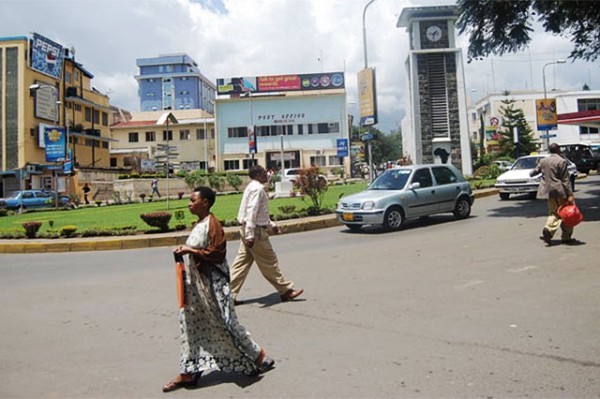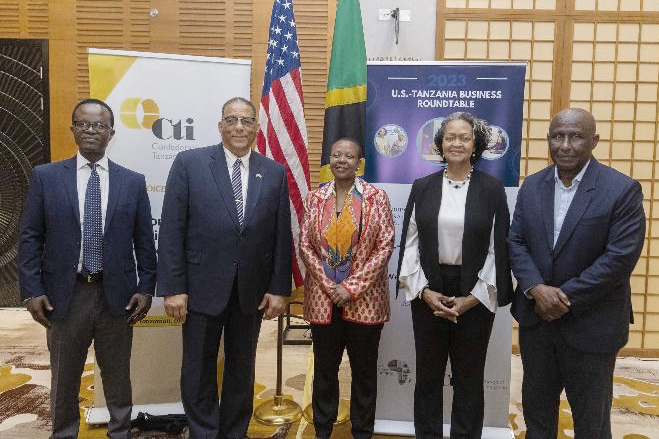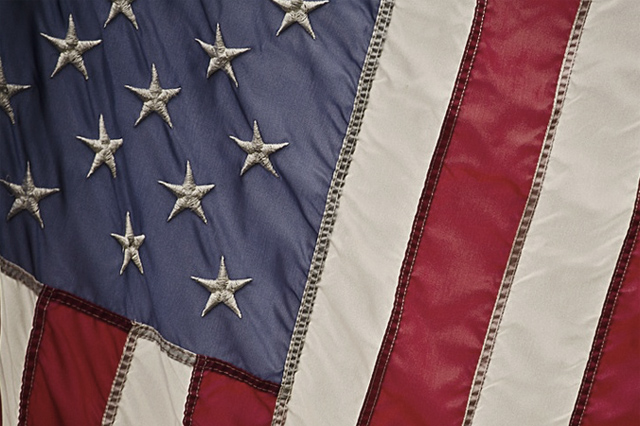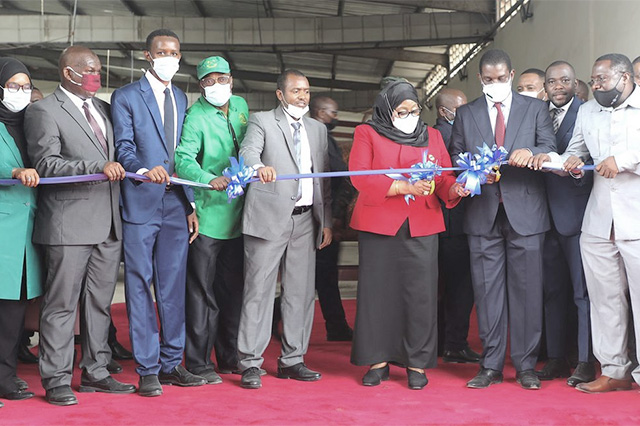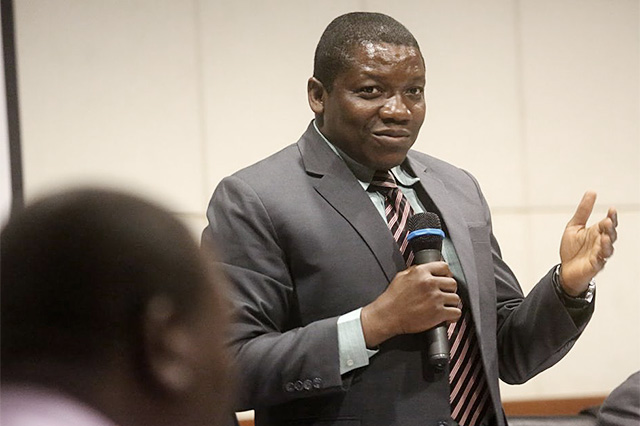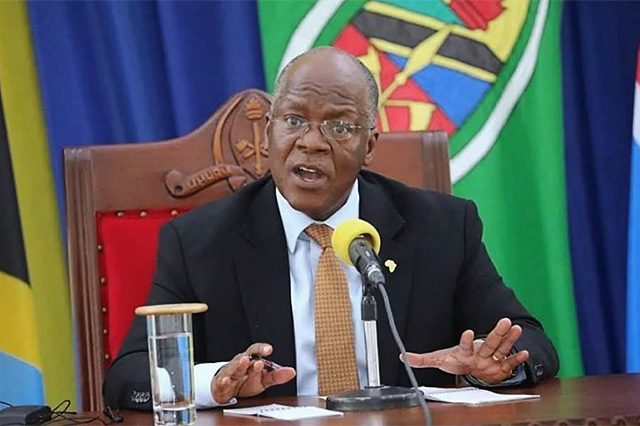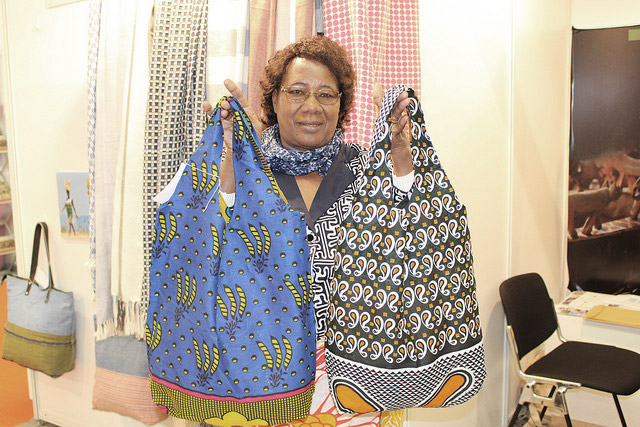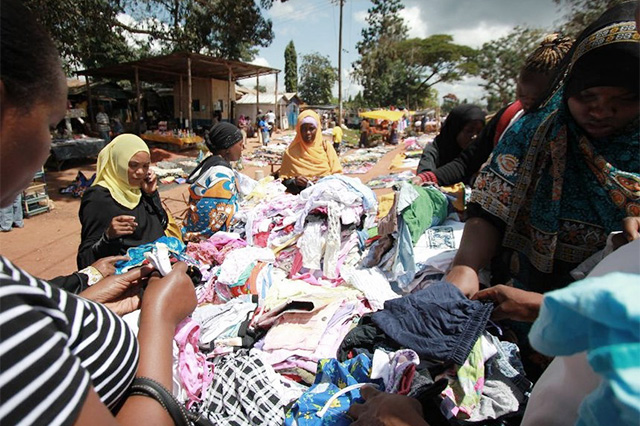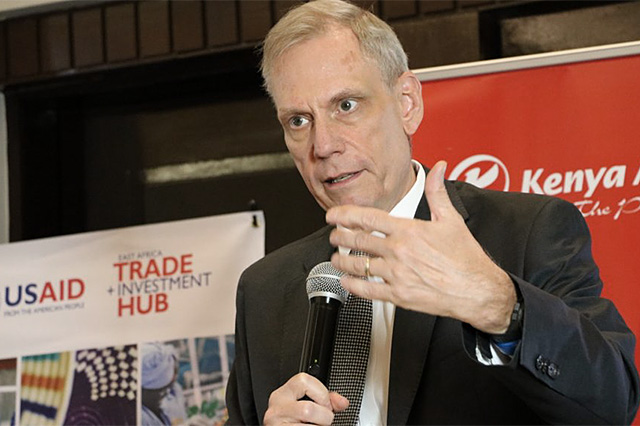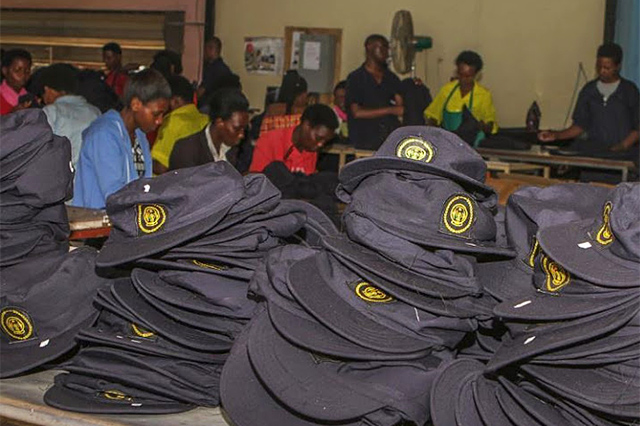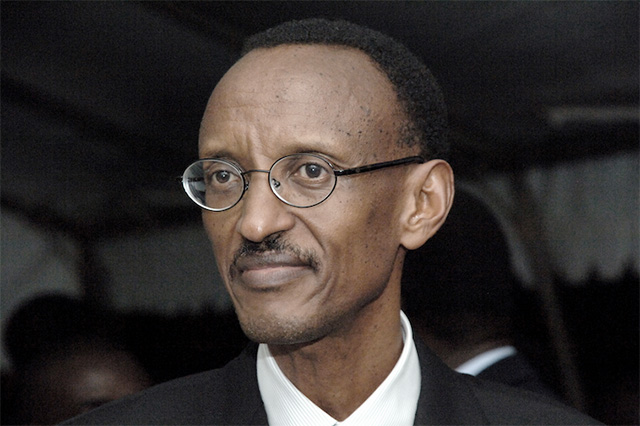Tanzania: Why Dar team rushes to US in bid to salvage AGOA deal
Tanzania is dispatching a team of experts to the US today for negotiations on the planned review which could exclude the country from accessing American market through the African Growth and Opportunity Act (Agoa).
At the same time, ruling on a petition filed by the US-based Secondary Materials and Recycled Textiles Association (Smart), which complained that Tanzania, Rwanda and Uganda violated Agoa rules by banning importation of secondhand cloth - was expected to be publicly heard today.
BusinessWeek has reviewed some of the possible benefits to Tanzania which might have renewed the rush for negotiations to avoid being removed from the trading opportunity.
Loss of exports
The Agoa trade programme provides eligible sub-Saharan countries duty-free access to the United States on condition they meet certain statutory eligibility requirements, including eliminating barriers to US trade and investment, among others.
The permanent secretary in the Ministry of Industry, Trade and Investment, Dr Adelhem Meru, said last week that the government will do everything in its powers to ensure the country stayed part of the Agoa.
Tanzania exported $149.4 million (about Sh328 billion) in 2016, according to statistics from Agoa info.
Job losses
There are companies which enjoy 100 per cent the fruits of Agoa by producing specifically for the American market.
For them, losing Agoa may mean closing businesses in the country and threaten loss of jobs among thousands of Tanzanians who are employed in the factories.
The companies which are likely to be hit hardly are the Morogoro-based Mazava Fabrics and Production East Africa Ltd and Tooku Garments Company Limited, which are benefiting 100 per cent from Agoa market.
Mazava was recently quoted as saying that once Tanzania loses Agoa market, production would stop and workers will lose their jobs, while the government losing revenue emanated from tax.
At least 2,400 people are employed at Mazava which produces sportswear only.
The company whose production capacity stands at 1.3 million pieces per month, also plans to increase employees to 5,000 after expansion of the business, according to the company's consultant Mr William Deus who was speaking to BusinessWeek at the 41st Dar es Salaam International Trade Fair (DITF).
"We are now looking for a plot here in Morogoro so that we can expand our business and employ some other people," said Mr Deus.
For its part, Tooku said it was early to examine the impact of losing leaving Agoa market.
"It is too early to comment on the matter which is yet to happen. Let us wait and see with hopes that the government will sort out the matter," the company's administrator Ms Elizabeth Christopher said in an exclusive interview.
The company also employs about 2,500 people in its factory.
Investor confidence and industrialisation
If Tanzania loses Agoa, the country might also lose investor confidence amid implementation of the much touted industrialization drive.
The Export Processing Zones Authority (EPZA) director general Mr Joseph Simbakalia said loss of investor confidence would lead to dwindling in export earnings.
"Implication of losing Agoa market is that investors will be scared away due to unsecured market for the country's end products, which is bad for the government's industrialization drive," noted Mr Simbakalia.
"What investors need to see is whether they will get their money at the end of the day... this is not possible until market of manufactured goods is predictable," he added.
He warned that with unsecured market, the projects like Bagamoyo, Kurasini and Star City special economic zones were likely not to attract investors and hence low export earnings.
The situation would also possibly result in some plants suspending their expansion plans, while others shutting down operations.
New investors would be needed to rescue the loss, of which won't be an overnight process as investors will have to install manufacturing equipment, and then recruit and train workers, according to Mr Simbakalia.
In this period, he added, those who would have lost their "Agoa jobs" would suffer the most.
However, Tanzania Private Sector Foundation's (TPSF) executive director Mr Godfrey Simbeye was of different views.
He was recently quoted by this paper as saying the decision had little effect on the country's economy since there are few industries that are taking advantage of the market.
"I understand that it is hard to quarrel with the idea that reduced trade barriers around American markets would be a boon for African exporters, but the truth remains that leaving the market could be a blessing in disguise as the country has embarked in its own industrialization drive," stressed Mr Simbeye.
The six-nation East African Community - Kenya, Uganda, Rwanda, Burundi, Tanzania and South Sudan - announced to fully ban imported secondhand clothes and shoes by 2019, arguing it would help member countries boost domestic clothes manufacturing.
However, Kenya retreated from a proposed ban on used clothes, reversed tariff increases to comply with Agoa requirement.
The country was also reported to have held confidential meetings with US officials ahead of a decision by Washington to review duty-free access for Rwanda, Tanzania and Uganda to markets under the Agoa.
Mr Simbakalia said that banning secondhand clothes was not the appropriate means for protecting local industries.
"The only way of protecting local industries is to have competitive industries both for local and international markets," he said.
He called on investors to invest in textile industries that will be producing affordable products that will be competing with second hand clothes.


